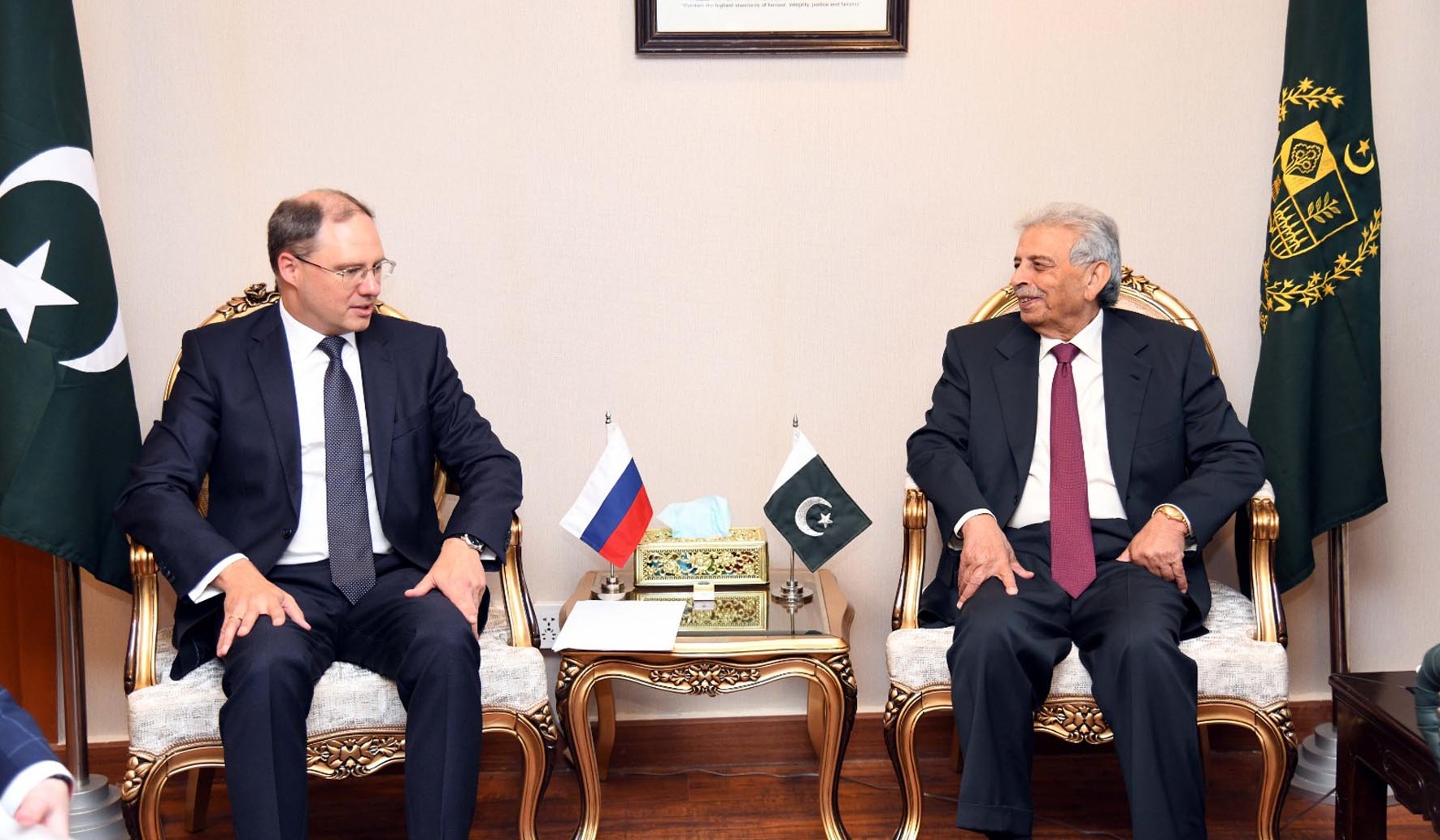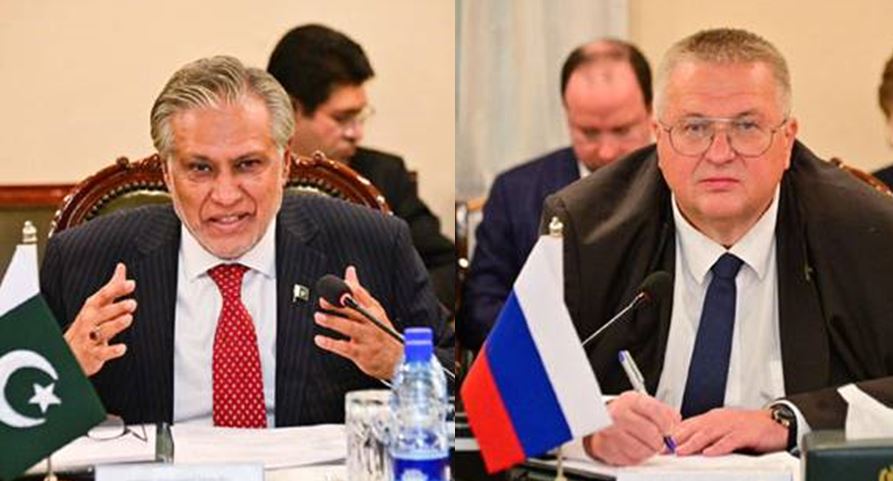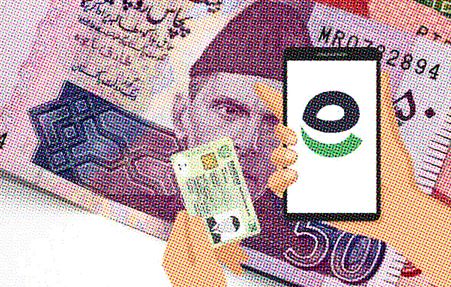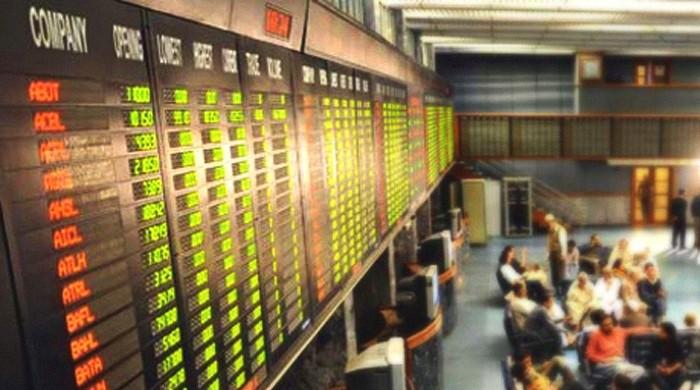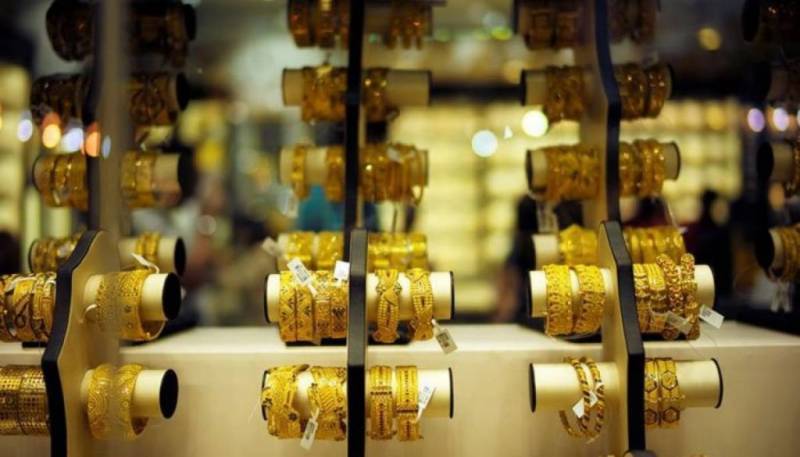LAHORE:
Small and medium farmers have been facing a tough financial situation for the last one year. They earlier experienced lower corn prices and could not get the desired rate. Then they faced lower wheat prices in the domestic market, though the government fixed the price at Rs3,900 per 40 kg.
However, the government could not procure the desired quantity from the farmers since it has imported a reasonable quantity since October 2023 and does not have the capacity to hold surplus wheat.
Under financial globalisation, there is an association between the international commodity prices and the federal funds rate. The federal funds rate is also termed the international policy rate, which was at 0.25% in February 2022.
This policy rate gradually climbed to 5.5% in July 2023 within a span of 18 months and remained stable at that level. This shows that the acceleration in prices has slowed down in the world, specifically in the US.
Similarly, the policy rates of the European Central Bank and the Bank of England have stabilised. Since the inflation rate is low, there is an expectation of a lower policy rate, as anticipated by the international financial markets.
When international policy rates are high, the international commodity prices go down and vice versa. When the policy rate was 0.25% in February 2022, the international wheat price was at $12 per bushel. The global price of wheat dropped to $7.5 per bushel in July 2023. The price kept on dropping and touched the bottom of $5.5 per bushel in February 2024.
The domestic wheat price was around Rs2,200 per 40 kg in 2021. The government had to jack up the wheat price to Rs3,900 per 40 kg in 2022 keeping in view the escalated cost associated with rupee devaluation along with high international wheat prices.
Hence, the enhanced support price covered the impact of devaluation and international price hike. The farming community, including small and medium farmers, rejoiced at the increase in the support price. Since the wheat output was lower last year, the government had to mobilise officials to procure the staple crop from the farmers.
Wheat harvesting started in April 2024 when the international price was around $6 per bushel. Since the value of the rupee remained stable in the last one year, the surplus domestic wheat caused a drop in the market price, which initially came down to Rs3,400 per 40 kg.
Poor farmers anticipated that the price would rebound and tried to hold their produce. However, they had to bring their produce in the market, since wheat is in surplus and its price has dropped to Rs2,700 per 40 kg in certain parts of the country. Now, the international price of wheat is around $7.5 per bushel in anticipation that the Federal Reserve will cut its policy rate going forward. This rebound in the international wheat price will be reflected in the domestic market in the coming months.
When the international wheat price increases, domestic financial capitalists will try to get the benefit out of this price difference. They will press the government to relax border restrictions and make a strong case for export. Hence, there is a high probability that the wheat price will increase in the coming months.
In a nutshell, financial globalisation will keep on affecting small and medium farmers a great deal. However, large farmers will hedge their losses owing to the financial muscle.
A strong political government may safeguard the interests of small and medium farmers. Otherwise, land concentration will continue which has been happening since long.
The writer is an independent economist who has worked at SDSB, Lahore University of Management Sciences (LUMS)
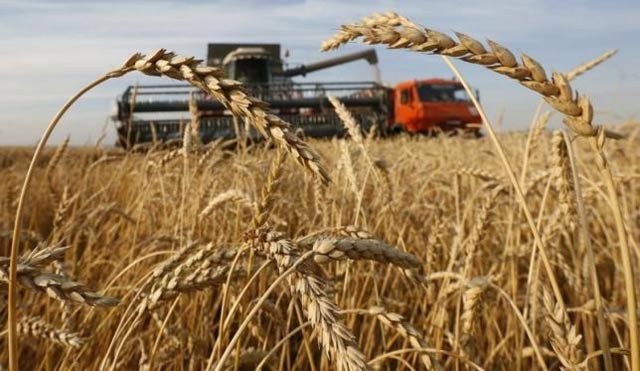

 Technology6 مہینے ago
Technology6 مہینے ago
 Pakistan7 مہینے ago
Pakistan7 مہینے ago
 Sports6 مہینے ago
Sports6 مہینے ago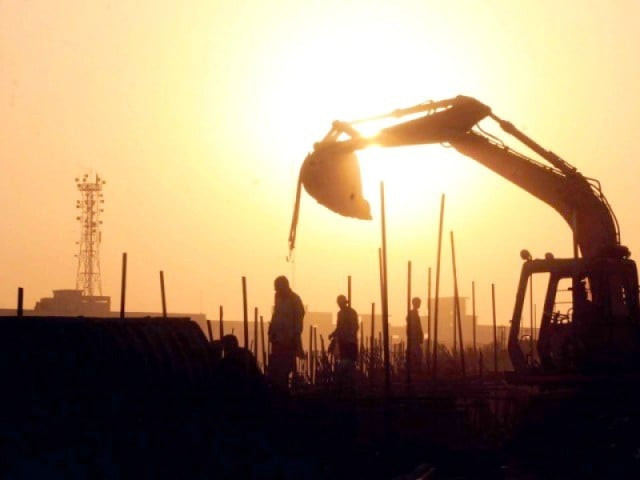
 Pakistan6 مہینے ago
Pakistan6 مہینے ago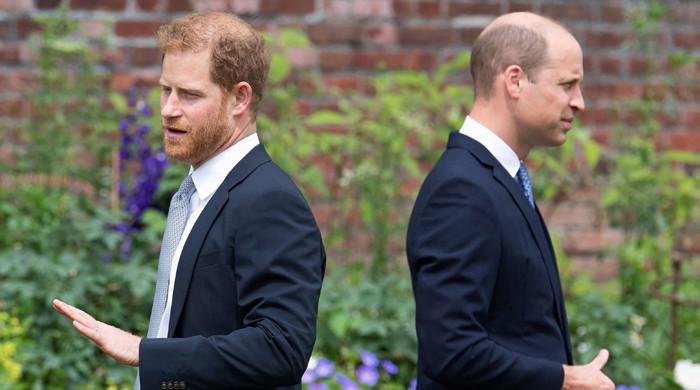
 Entertainment6 مہینے ago
Entertainment6 مہینے ago
 Pakistan6 مہینے ago
Pakistan6 مہینے ago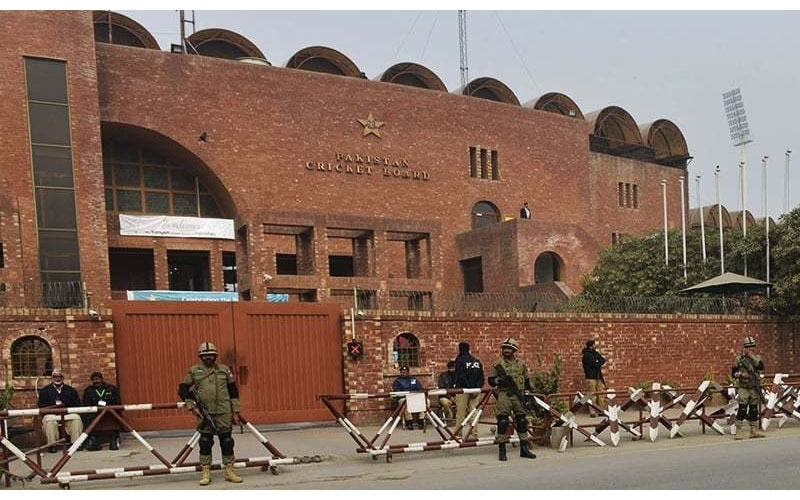
 Sports5 مہینے ago
Sports5 مہینے ago
 Pakistan6 مہینے ago
Pakistan6 مہینے ago
